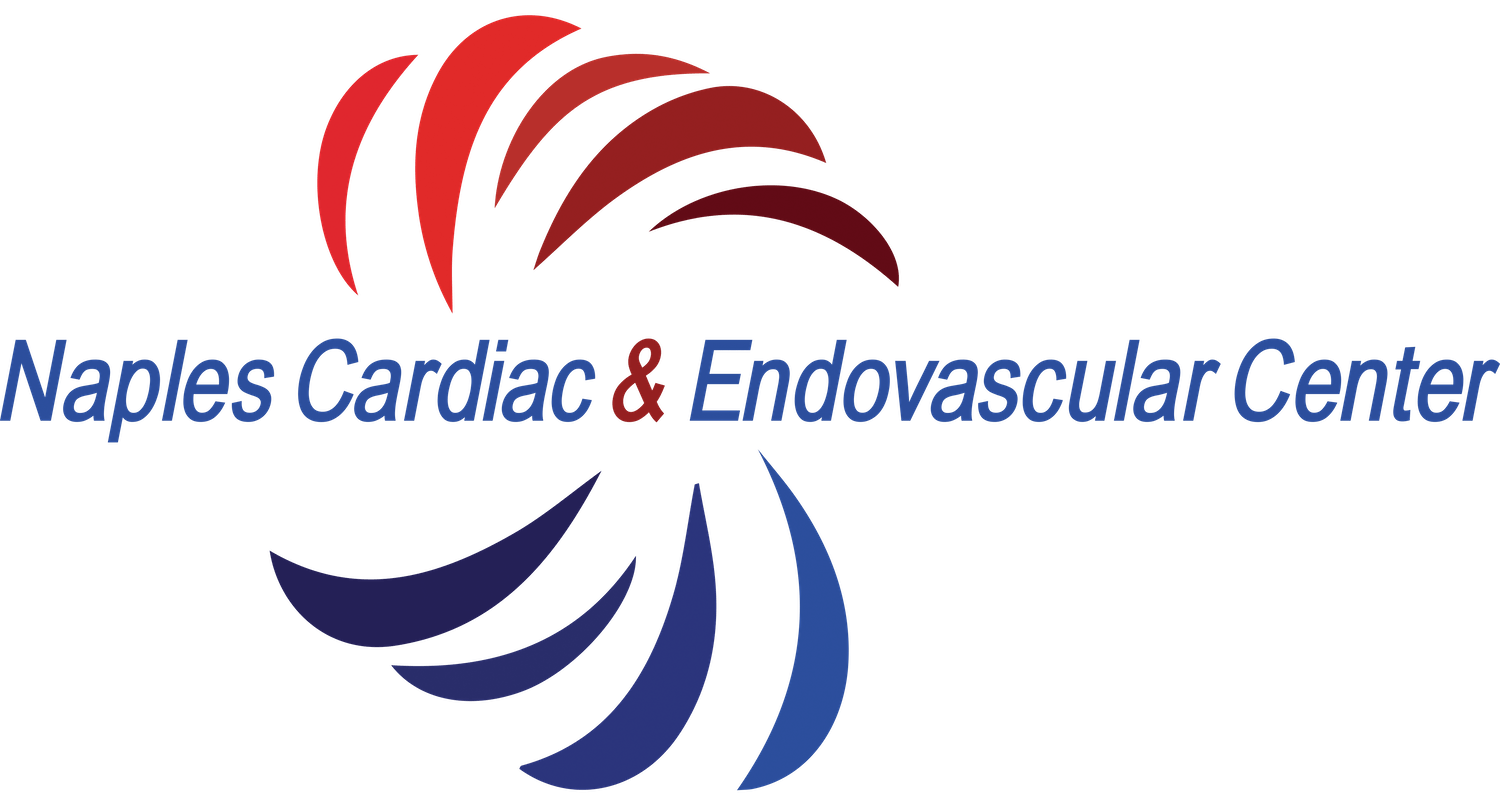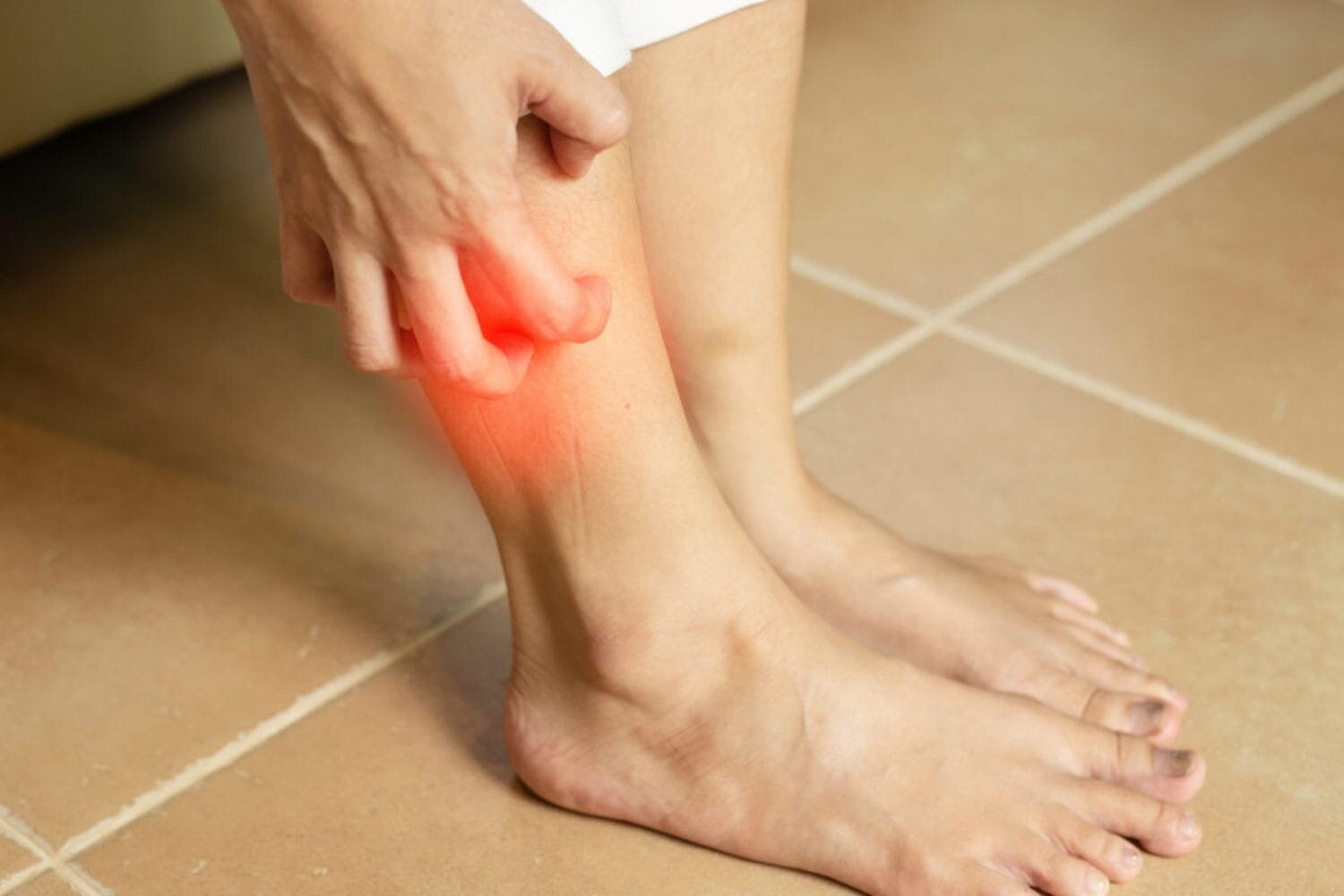Itchy Varicose Veins
Do you have varicose veins? Are there rashes and skin discoloration on your legs? Do you itch? If you answered yes to these questions, then you may have an unexpected symptom of varicose veins, which is itchiness. Although more common for varicose veins to cause pain and swelling, itching is also a sign of these pesky veins.
How are Varicose Veins Caused?
Varicose veins are caused by the one-way valves losing function, with their inability to push blood back towards the heart, allowing blood to the collect in the veins. The collection of blood stretches the vein walls, making them more floppy. With the destruction of the normal function of the vein, the body works to address the collection of blood. The blood is trapped in the veins, increasing the vein pressure. The blood then moves out of the vein and into the soft tissues, since the pressure is much lower.
How Can Varicose Veins become Itchy?
The blood that moves out of the vein and into the soft tissues, irritates the tissues and skin, as the blood is made to stay within the vessels. The skin can itch from this, cause discoloration, rashes, and even poor healing after skin trauma.
The body also works to fix the non-functioning veins by secreting chemicals to heal the varicose veins. Numerous chemicals are at play, but the relevant one in this discussion is histamine. Histamine is also secreted during exposure to an allergen, such as pollen. It is the presence of histamine and the irritation of the soft tissues that leads to itchy varicose veins.
Treatment Options for Itchy Varicose Veins
The number one treatment for the symptoms of itchiness is to manage the direct cause, which are the varicose veins. There are many treatment options that can be done at home.
Weight loss: Being overweight or obese causes increased pressure in the veins, which can lead to malfunction of the valves. Maintaining a healthy weight or losing weight can reduce symptoms of varicose veins.
Elevation: This allows for the veins to use gravity as a means to move the collection of blood out of the veins.
Compression: Use of compression stockings places pressure on the legs, thereby placing pressure on the veins to try to push the blood out of the legs.
Exercise: Low-impact exercises, like walking, allows for the muscles to squeeze the veins, pushing the blood out of the veins.
In addition to managing care for your varicose veins, if you still have itching, there are a few treatment options that can be used at home for symptoms:
Apply a non-scented, gentle lotion twice daily to moisturize the skin.
Use over the counter anti-itch creams, such as anti-histamine cream, calamine lotion, or topical steroid creams.
Take an oral antihistamine, such as Benadryl.
Don’t scratch the skin, as this has a tendency to worsen symptoms, but can also lead to non healing skin wounds and secondary infection.
If the itching from your varicose veins in unrelieved from the home treatments listed, you should visit with your doctor about other treatments that may be available to reduce your symptoms once and for all.
To book a consultation click here or call (239) 300-0586.
Talk to a Vein Specialist
Speak with Dr. Julian Javier, a board certified interventional cardiologist and endovascular specialist in Naples, Florida. He will discuss your medical history, perform a thorough exam, and if you are experiencing itchy varicose veins in your legs, he will explain what treatment options are available and right for you to help you get rid of those veins and your symptoms!

